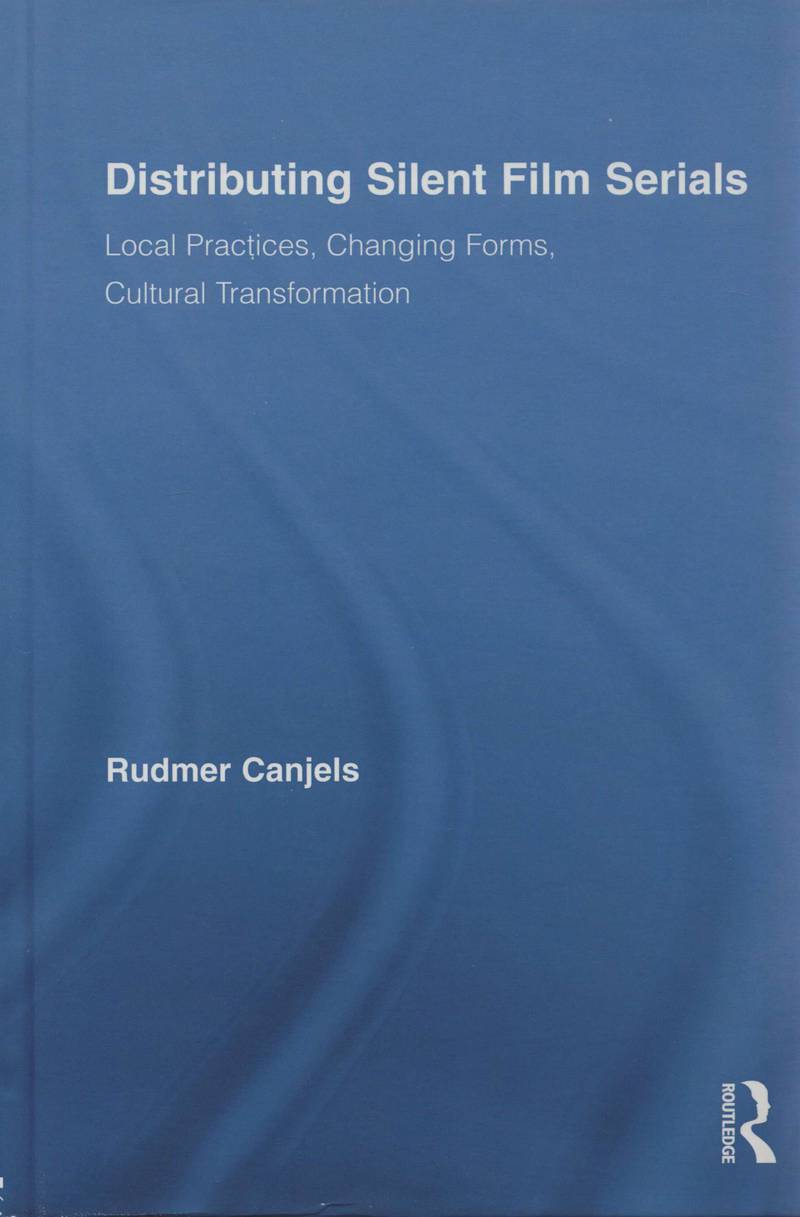In the early twentieth-century, serial productions were constantly undergoing change and were not merely distributed in their original form upon import. As adjusted serials were present in large quantities or confronted different social spaces, nationalistic feelings and views stimulated by the unrest of World War I and the expanding American film industry could be incorporated and attached to the serial form. Serial productions were not only adaptable to local discourses, they could actively stimulate and interact as well, influencing reception and further film production. By examining the distribution, reception, and cultural contexts of American and European serials in various countries, this cross-cultural research makes both local and global observations. Canjels thus offers a highly relevant case study of transnational, transcultural and transmedia relations.
Distributing Silent Film Serials: Local Practices, Changing Forms, Cultural Transformation
Book
Details
Type
Access level
Available on request
Institution
Location
Moscow, Garage Archive Collection
Publication date
Place of publication
New York City
Publishers
Keywords
Description
